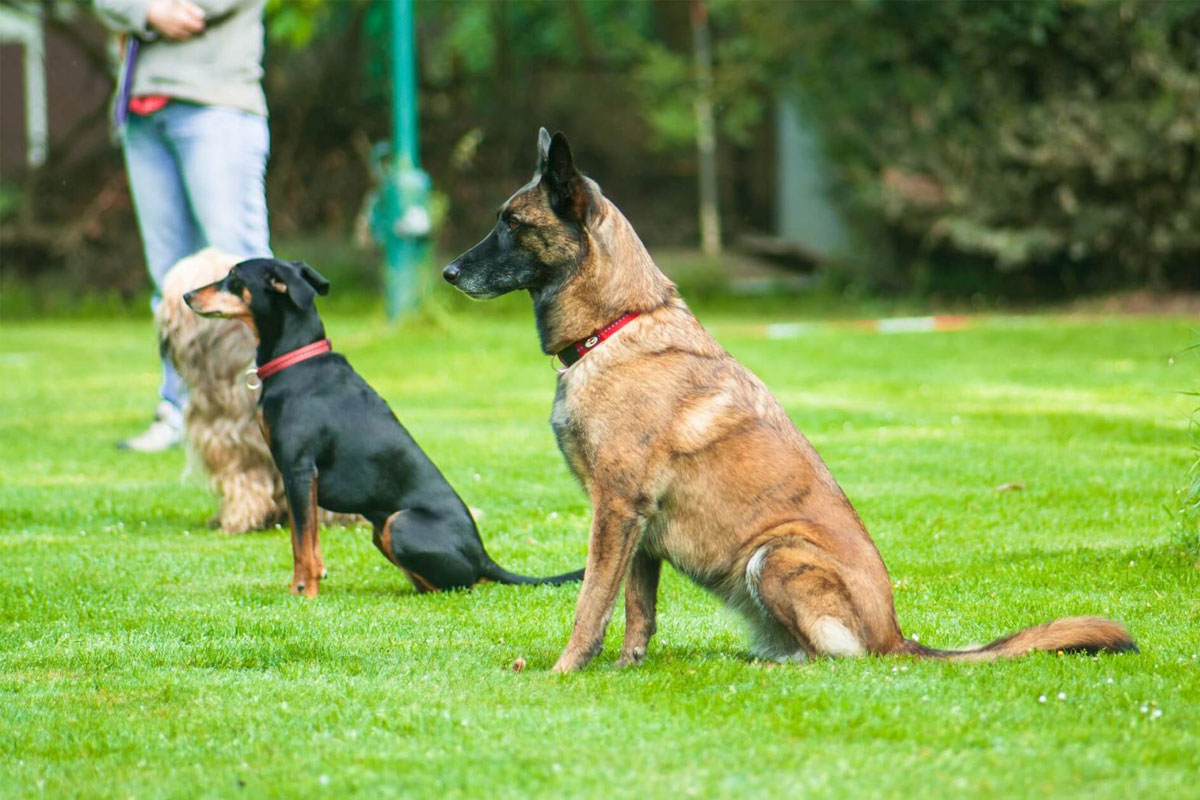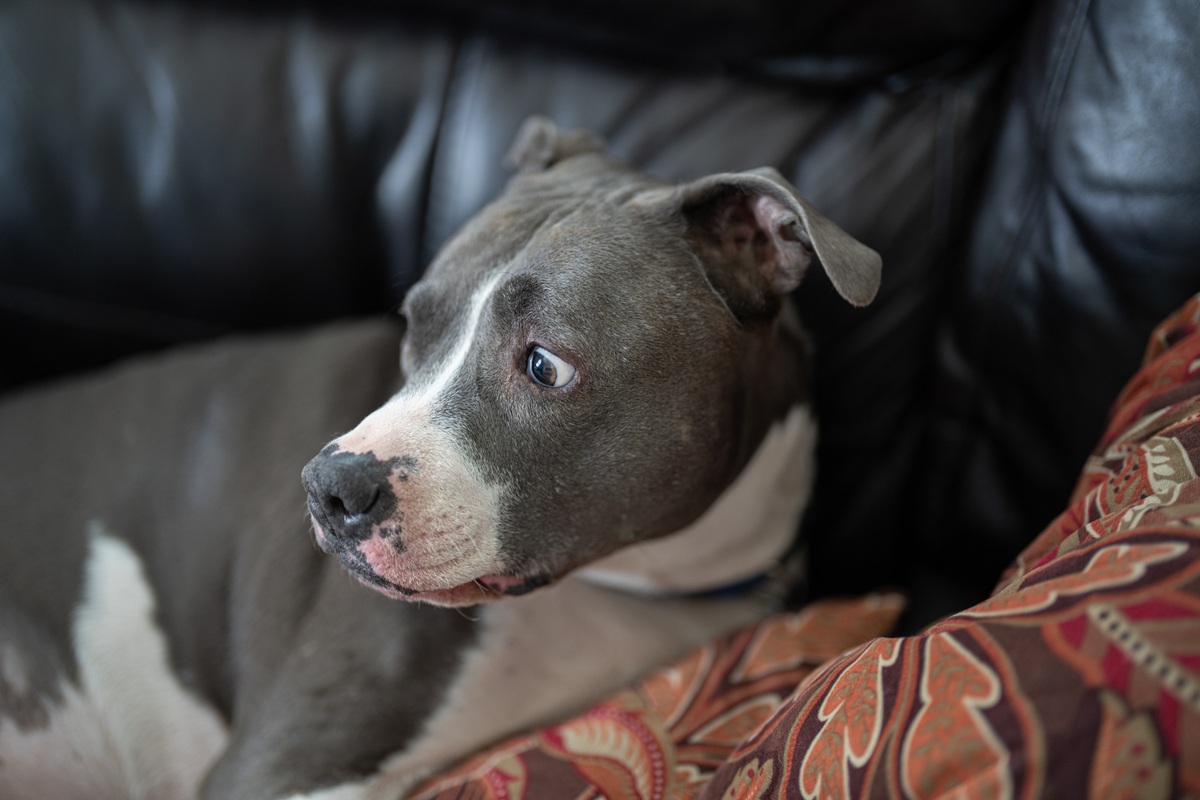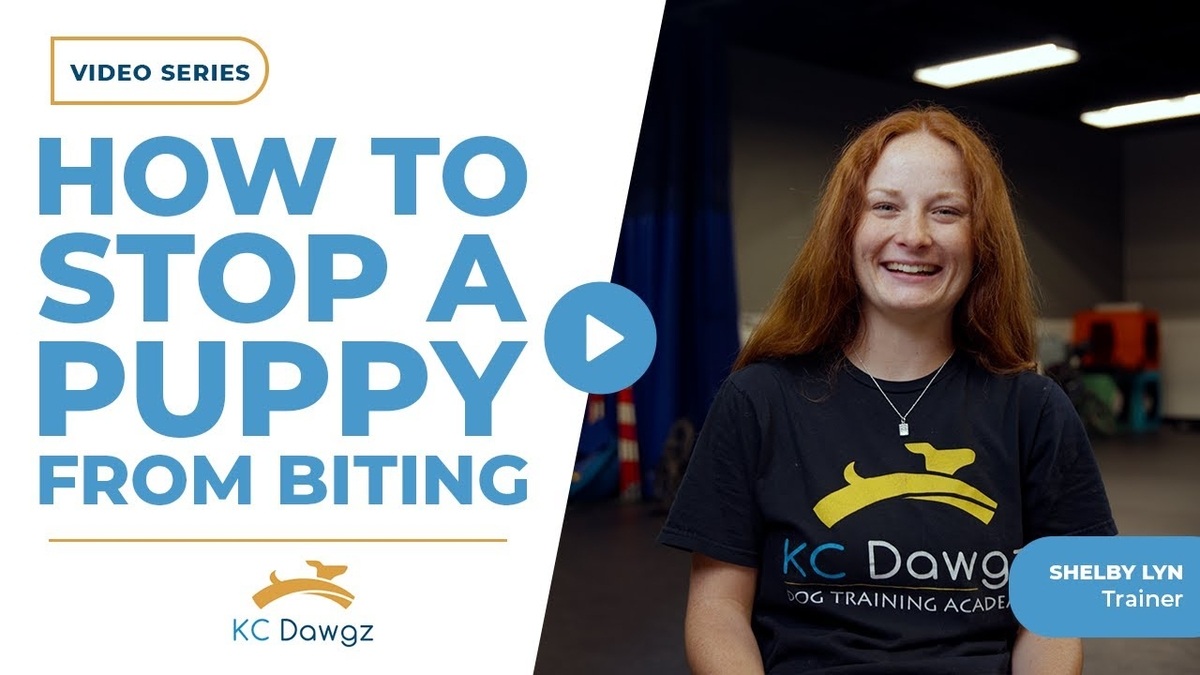When it comes to boarding a dog with separation anxiety, there are multiple routes to consider in alleviating their stress and ensuring a positive experience. Each dog is unique in their temperament and needs, and what works for one may not necessarily work for another. In this guide, we’ll explore various approaches and strategies aimed at helping your beloved canine companion feel comfortable, safe, and secure while boarding, fostering a sense of well-being for both you and your pet.
Different Approaches to Addressing Separation Anxiety
When tackling separation anxiety, there are different paths to explore depending on the individual needs of your dog. Some dogs thrive in a boarding situation where they can fully immerse themselves in the environment. Others may do better with the option to go home every night, allowing them time to unwind with their family. Additionally, some dogs benefit from one-on-one training sessions with a professional trainer and their parent, allowing for focused attention on addressing their anxiety.
Boarding a Dog with Separation Anxiety
Boarding a dog with separation anxiety requires finding the right fit for your furry friend. It’s essential to consider their unique personality and comfort level. Whether it’s a boarding facility, home environment, or personalized training sessions, the goal is to provide a safe and supportive space for your dog to thrive.
Changing Your Dog’s Mindset
Addressing separation anxiety involves changing your dog’s mindset and helping them feel more secure when alone. This process begins with gradual training sessions throughout the day, teaching your dog how to become independent and comfortable with solitude. By implementing positive reinforcement techniques and patience, you can help your dog develop a more positive association with being alone.
Understanding Your Dog’s Alone Time
Every dog processes alone time differently, making it crucial to understand your dog’s unique needs and preferences. Some dogs may enjoy having quiet time to themselves, while others may struggle with feelings of isolation. Observing your dog’s behavior and reactions to alone time can provide valuable insights into what strategies will be most effective in alleviating their separation anxiety.
The Importance of Timely Intervention
When dealing with separation anxiety, timely intervention is essential. Early detection and intervention can prevent the problem from escalating and help your dog overcome their anxiety more effectively. Starting the process as soon as possible allows for gradual progress and reduces the overall duration of your dog’s distress.
In Summary
Boarding a dog with separation anxiety requires careful consideration and tailored approaches to address their individual needs. By understanding your dog’s behavior, providing appropriate training and support, and seeking timely intervention, you can help them feel more comfortable and secure when away from home.
If you’re struggling with boarding your dog with separation anxiety, don’t hesitate to contact us for personalized guidance and support. Remember, with patience and dedication, you can help your furry companion overcome their separation anxiety and enjoy a happier, more relaxed life.




